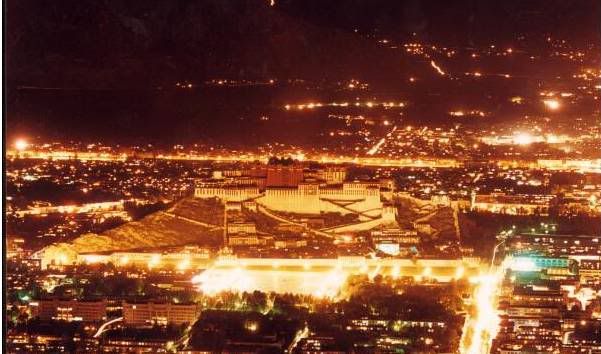Reno
The Studio Ghibli Fanatic
Here's proof of my statement of uranium and the 50 billion thing in Tibet done by China.
http://www.cosmicharmony.com/Tibet/DalaiLama/DalaiLama.htm
Those are quite numbers, so i say that along with strategic value Tibet literally is a gold mine.
http://www.cosmicharmony.com/Tibet/DalaiLama/DalaiLama.htm
Half of Tibet's forests have been felled since 1959 providing the Chinese with $50 billion worth of lumber. The most common form of timber harvesting is clear cutting which has led to vast hillsides being denuded. Four countries depend on the rivers of Tibet for their sustenance. Some of the major floods in these countries during the last decade have been attributed to deforestation related siltation of Tibet's rivers
More than a quarter of Tibet's mineral resources have been extracted since 1959. Tibet contains the largest uranium deposits in the world. Uranium has been processed in Tibet leading to contamination of drinking water and the death of Tibetans in Ngapa, Amdo. Radioactive contamination of other groundwater is a great concern. China is reported to have stationed approximately 90 nuclear warheads in Tibet.
Those are quite numbers, so i say that along with strategic value Tibet literally is a gold mine.

 )
) How can the west be responsible for that? Do you imply that the West has the responsibility to baby-sit all the nations of the world? Or maybe you are using the words we conquered and destroyed as a Chinese?
How can the west be responsible for that? Do you imply that the West has the responsibility to baby-sit all the nations of the world? Or maybe you are using the words we conquered and destroyed as a Chinese? 
_a.jpg)
_b.jpg)





